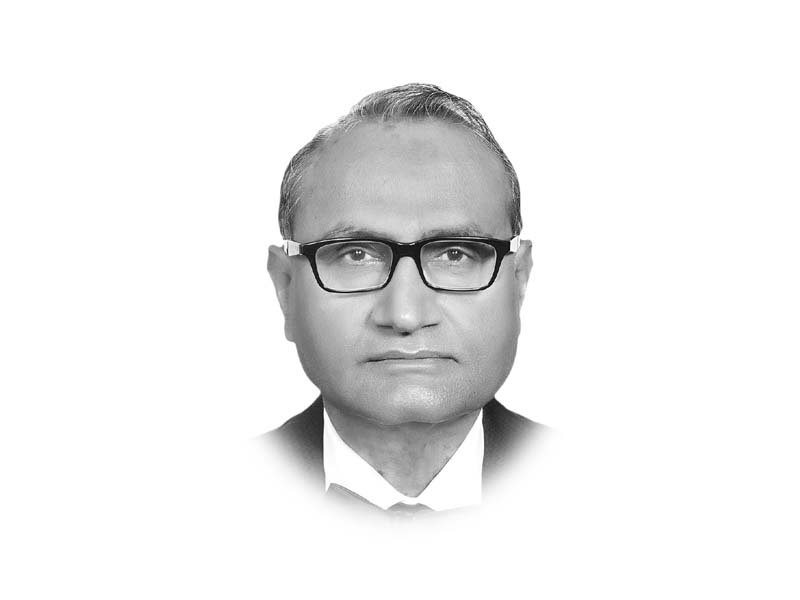

Discussed as an inter-corporate debt during the caretaker regime installed by president Farooq Leghari, and christened as circular debt by Hafiz Pasha in the second PML-N regime in 1995, the problem surfaced because of a shift from the low-cost hydro to high-cost thermal power and the government’s attempt to maintain a uniform price across sources as well as locations. This involved subsidisation in a regime that was already marred by abnormally high transmission and distribution losses. Theft, abetted and outright, was on top of the losses. The AJK, Fata and Balochistan also default for legal and other reasons. The subsidy, given in the name of the poor or as an incentive to industry or agriculture, became unbearable for the exchequer as the oil price boom started in 2007. Failure to pass on the increase fully and the inability to pay the resulting subsidy on time led to high levels of receivables for the distribution companies, which in turn undermined the ability of the generation companies to pay their fuel bills to entities such as the PSO and gas distribution companies. As bulk of the fuel is imported, these companies cannot afford avoid paying for long. The two regulators go their own separate ways in the determination of power tariff and the oil and gas prices. The ECC takes its own time in the approval and final notification of the changes. Being the most taxed sector of the economy, the notorious FBR practice of never giving back the refunds takes its own toll. Out of this rigmarole, one thing becomes quite clear: the system is biased against renewables.
Succinctly, the message of the Shibli report is that the whole energy system is supply driven. Conservation is dis-incentivised. It adds more and more costly supply to the ever decaying grid, ignoring the gridlock of a debilitating order of rent-seeking institutions. The peaks of circular debt are reminders of sustained inaction.
Published in The Express Tribune, October 5th, 2018.
Like Opinion & Editorial on Facebook, follow @ETOpEd on Twitter to receive all updates on all our daily pieces.













COMMENTS
Comments are moderated and generally will be posted if they are on-topic and not abusive.
For more information, please see our Comments FAQ